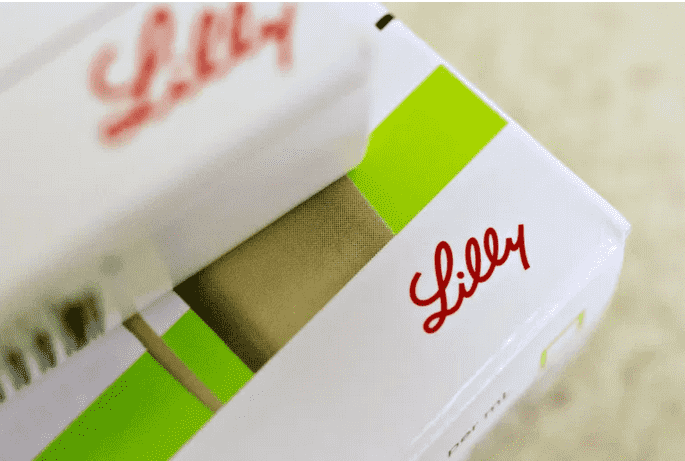The United States’s drug regulator has authorised the emergency use of Eli Lilly’s experimental COVID-19 antibody treatment for non-hospitalised patients with mild-to-moderate symptoms.
The Food and Drug Administration (FDA) said its authorisation was based on clinical trials showing that the treatment, bamlanivimab, reduced the need for hospitalisation or emergency room visits in COVID-19 patients at high risk of the disease worsening.
It can now be used for treating mild-to-moderate COVID-19 in patients above the age of 12. Those above 65 or with certain chronic medical conditions can also be prescribed the drug, the FDA said.
But the antibody treatment is not authorised for patients who are hospitalised due to COVID-19 or require oxygen therapy due to COVID-19. The FDA said the drug, which US President Donald Trump has praised, had not been shown to benefit such patients and could worsen their clinical status.
A US government-sponsored study of the treatment in hospitalised COVID-19 patients was recently abandoned because the treatment was not shown to be helping.
Also on Monday, US medicine manufacturer Pfizer said its experimental COVID-19 vaccine is more than 90-percent effective, a major victory in the fight against the pandemic that has killed more than one million people, battered the world’s economy and upended daily life.
The news sent share markets surging on hopes that the vaccine would help speed up the recovery from the worst global economic downturn since the Great Depression.
In early October, Eli Lilly requested emergency use authorisation for its single-antibody therapy. Results from a study of 452 patients with mild-to-moderate COVID-19 published in a peer-reviewed journal in late October found that 1.6 percent of those who received the antibody infusion had to be hospitalised or required an emergency room visit, compared with 6.3 percent of those who received a placebo.
SOURCE:ALJAZEERA



